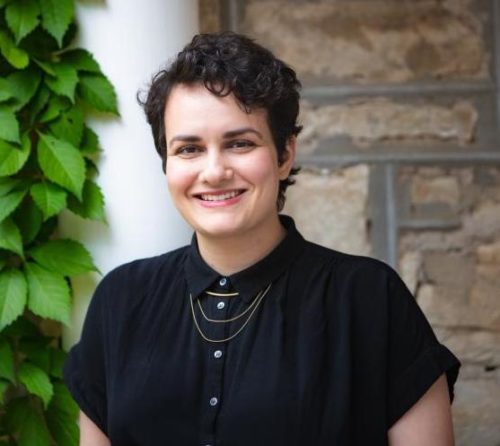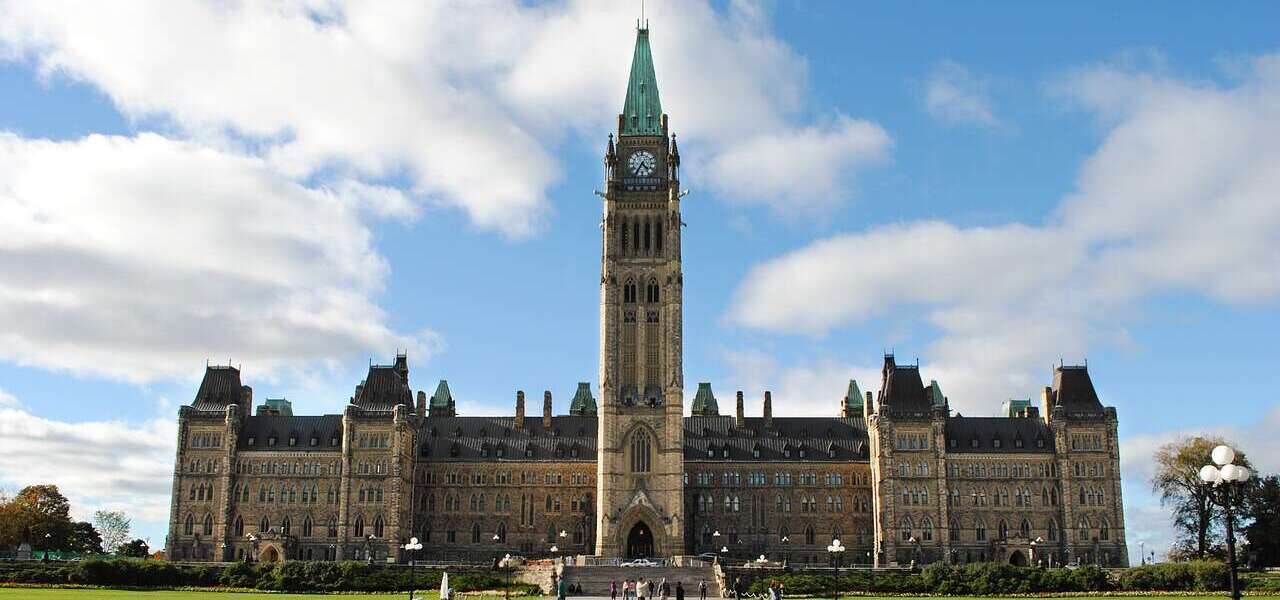When the leaders of Canada’s scientific community join members of the federal government today at Science Meets Parliament, among them will be U of G faculty, Dr. Melissa Perreault and Dr. Rebecca Shapiro.
Science Meets Parliament is a two-day event bringing together the science and policy communities to strengthen the connection between them. The goal is to enable two-way dialogue and promote mutual understanding with the aim of helping scientists become more familiar with policy making at the political level, and for parliamentarians to explore scientific evidence in policy making.

Perreault, a Métis neuroscience professor in the Department of Biomedical Sciences at the Ontario Veterinary College, is a first-time delegate compelled to participate to help break down stereotypes of Indigenous academics, giving parliamentarians a glimpse into the diversity of Indigenous scientists.
“Because part of my program focuses on research in marginalized communities, I felt it was a good opportunity to understand how policy might influence how researchers can ethically work in these communities,” Perreault said.
The Canadian model of Science Meets Parliament, now in its third iteration, is adapted from the Australian version held annually since 1999. Similar events also take place in Europe, U.K., and Spain. Science Meets Parliament was first held in Ottawa in 2018, followed by a second event in 2022, and has brought more than 60 leaders in the Canadian scientific community to Parliament Hill.
Perreault and Shapiro will be among a delegation of Canadian scientists who will meet with members of Parliament, Senators and Chief Science Advisor of Canada Dr. Mona Nemer. Participants will also observe House and Senate committee meetings and attend Question Period.
“Knowledge is power,” Perreault said. “The opportunity for scientists such as myself who don’t work in the policy realm and don’t really have any exposure to how things work at a government level interested me.”
It is important to understand how the policy-making process works and understand what the government’s scientific priorities are, she added.
Science communication conveys cutting-edge innovations
Shapiro, a professor in the Department of Molecular and Cellular Biology at the College of Biological Science, studies microbial fungal pathogens and how they cause disease in humans.

Scientists and researchers can often work in a very insular world, she said. “I was intrigued to take a step back and think about the broader context in which we do our research, which is informed very heavily by policy makers who make decisions about funding and how we can do our work.”
An important part of that work is science communication. Research papers tend to have a specific audience, she said, and Science Meets Parliament is a chance for these topics to be explored beyond the written page.
“I hope it’s an opportunity for parliamentarians to get clear, hands-on explanations about the exciting, cutting-edge innovations that we are developing,” she said. “How can we think about aligning that with the needs and wants of the government?”
In addition to meeting with parliamentarians, Science Meets Parliament will also bring together fellow scientists of all disciplines, Shapiro pointed out. She hopes to open conversations beyond the practicality of research, to how the government and others fund graduate programs and scholarships that help recruit excellent students.
“We all speak slightly different languages,” she said. “This puts us in an environment to have more nuanced discussions.”
Contact:
Kimberly Moser
media@uoguelph.ca
